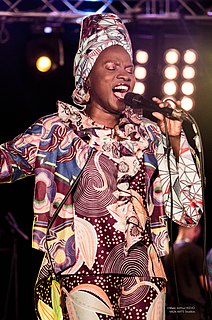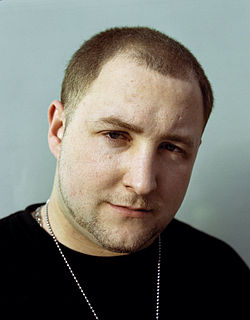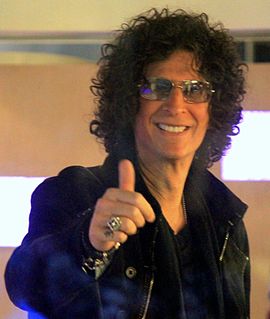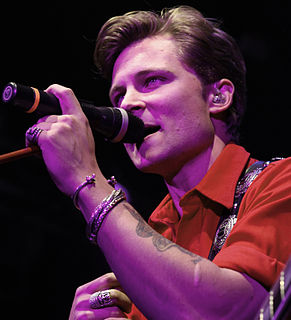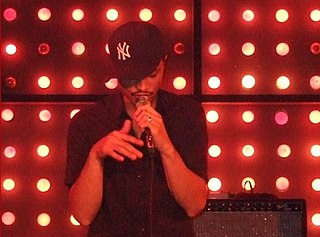A Quote by Angelique Kidjo
Doing an album is like having a business card; to show people what you do. The most important thing to me is the stage. I do albums because I love the stage.
Related Quotes
Standup led me to acting because I liked standup, and I saw people on a stage, and the closest, nearest thing to me was doing plays. It was like, that's the same thing as standup - people are on a stage; they're being seen and saying things - so, because of my love of standup, I moved towards acting.
There was a while when I got really bad stage fright and I basically felt...I was incredibly angry. I felt like everything had been taken away from me and it was at that point that I realized how much doing stand up reminds me of my self love and curiosity about myself and love of other people because I don't go on stage to dominate.
Who I am on stage is very, very different to who I am in real life. But I don't see that having a sexy image when you are on stage means that you don't love God. No one knows what I'm really like from that. I like to walk around with bare feet and I don't like to comb my hair. I'm always so glammed up and so diva on stage and that's what they see. People don't understand that... No one knows my personal relationship with God and it's not up to me to prove that to anyone.
I think there's an attitude these days that you can go straight from a studio to the stage, and it isn't really like that. But playing live was the most important thing for me at the start because whenever I recorded something, it didn't sound right; I didn't like how my voice sounded. It was just raw.
Normally classical music is set up so you have professionals on a stage and a bunch of audience - it's us versus them. You spend your entire time as an audience member looking at the back of the conductor so you're already aware of a certain kind of hierarchy when you are there: there are people who can do it, who are on stage, and you aren't on stage so you can't do it. There's also a conductor who is telling the people who are onstage exactly what to do and when to do it and so you know that person is more important than the people on stage.
